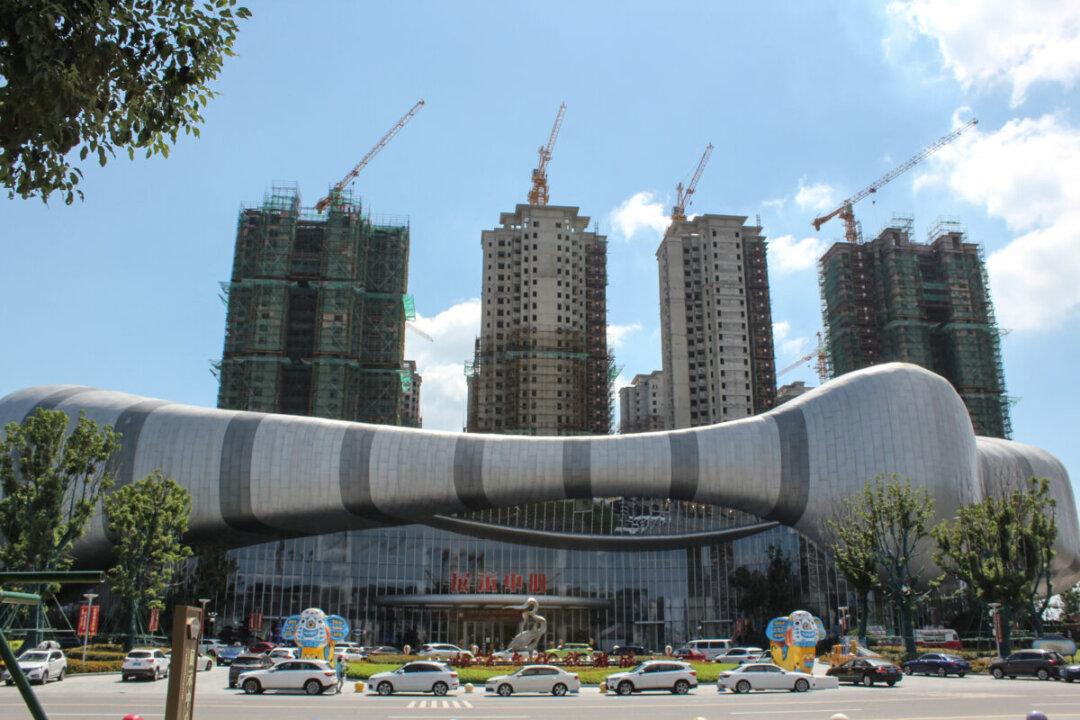Deng Xiaoping’s 1992 southern tour is generally referred to by official Chinese propaganda as a new starting point of reform. In fact, from the perspective of institutional transition, China’s socialist economic system officially came to an end in 1997, when China began to implement the privatization of state-owned enterprises (SOEs).
SOEs are considered one of the pillars of the socialist economic system. When most SOEs are privatized, the socialist economic system will completely disintegrate because an economic system characterized by private ownership is in fact capitalism.

Cheng Xiaonong Epoch Weekly





